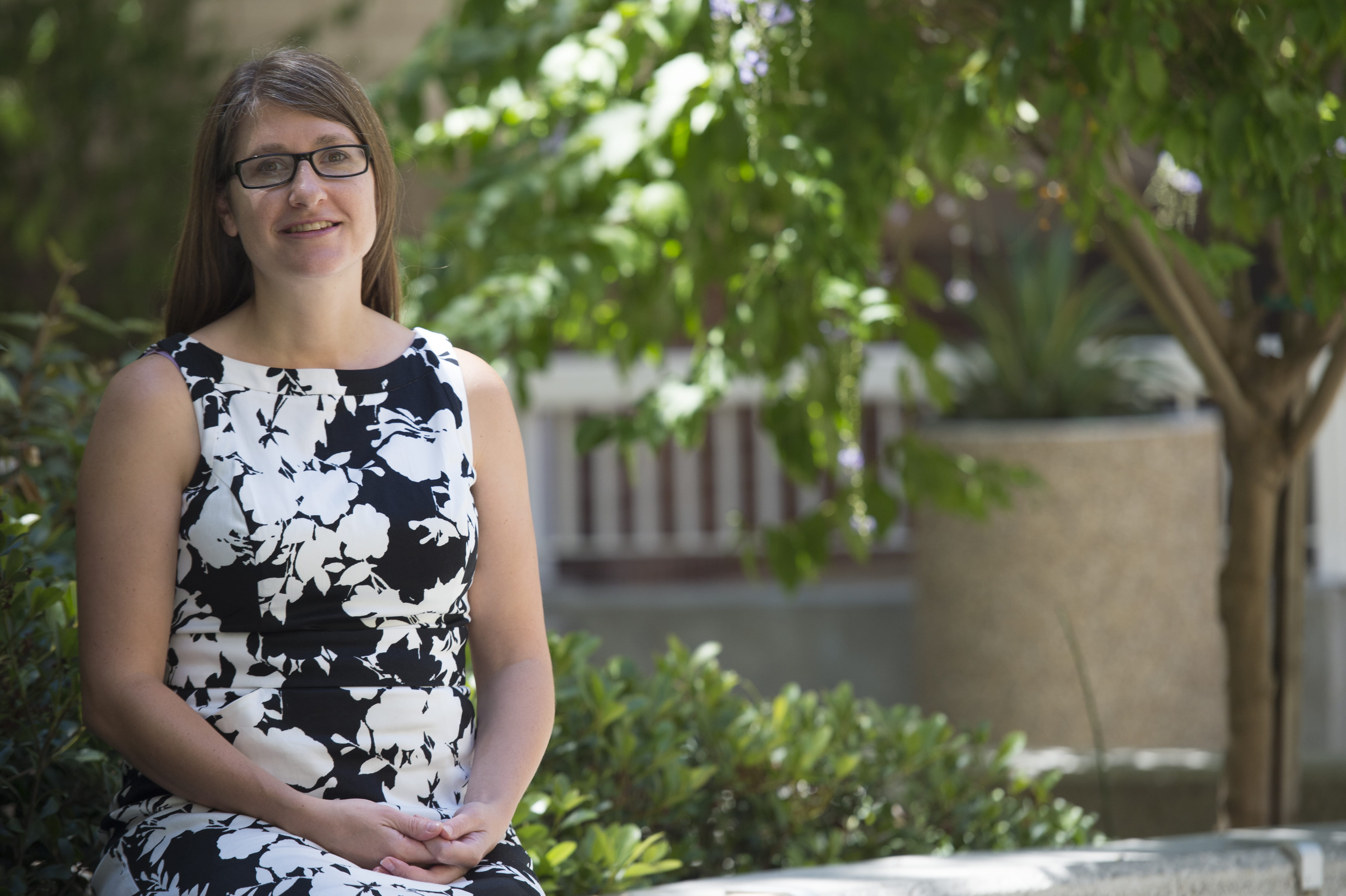New stem cell technique improves genetic alteration
UC Irvine researchers have discovered a dramatically improved method for genetically manipulating human embryonic stem cells, making it easier for…
UC Irvine researchers have discovered a dramatically improved method for genetically manipulating human embryonic stem cells, making it easier for scientists to study and potentially treat thousands of disorders ranging from Huntington’s disease to muscular dystrophy and diabetes. The technique for the first time blends two existing cell-handling methods to improve cell survival rates and increase the efficiency of inserting DNA into cells. The new approach is up to 100 times more efficient than current methods at producing human embryonic stem cells with desired genetic alterations. Peter Donovan, Leslie Lock and Kristi Hohenstein led the study, which appears online this week in the journal Stem Cells.

